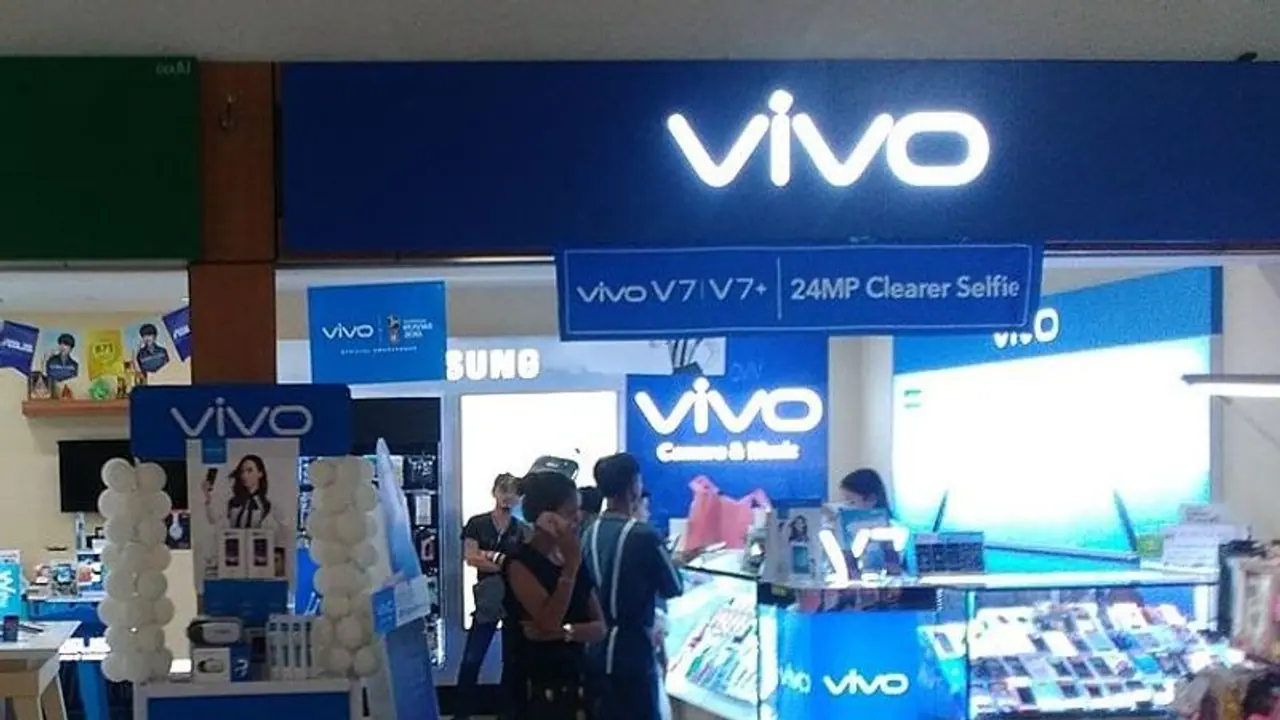The entities must provide ED with information about remittances made from frozen bank accounts every 48 hours, as per court.
The Delhi High Court on Monday granted permission to 14 entities that the Enforcement Directorate (ED) claims are linked to Chinese smartphone maker Vivo to operate their frozen bank accounts, subject to maintaining the balance in the accounts as of the date of the agency's search in a money laundering investigation.

According to the high court, these entities must also provide ED with information about remittances made from frozen bank accounts every 48 hours.
The ED's debit freeze order can be modified, according to Justice Yashwant Varma, if the petitioner companies maintain the same balance as on the day the individual bank accounts were frozen.
The high court stated that it is up to the investigating agency to ensure that the balances remain as they were on the search date.
Previously, on July 13, the high court granted Vivo permission to operate its various bank accounts frozen by the ED in connection with the money laundering investigation in exchange for providing a bank guarantee of Rs 950 crore to the agency.
As the ED contended that the proceeds of crime with respect to Vivo at the time were quantified at Rs 1,200 crore, the high court also ordered the company to keep a balance of Rs 251 crore in the bank accounts that were present at the time the accounts were frozen, and it shall not be used until further orders.
During Monday's hearing, the 14 entities challenged the ED's debit freeze orders, claiming that these companies are Vivo's agents.
The entities' counsel claimed they are unrelated to Vivo and only buy goods from the company and resell them.
The ED's counsel contended that these entities challenged the order after the 30-day period had expired and that this group of firms is not limited to the Rs 1,200 crore in proceeds of crime.
According to the anti-money laundering agency's counsel, the search material will show that transactions between these entities and Vivo resulted in money quantified as the proceeds of crime, totalling Rs 38,641 crore.
He also stated that 27 entities were allegedly involved with Vivo in the matter, 14 of which have approached the court.
The 14 entities that have approached the high court are as follows: Rui Chuang Technologies Pvt Ltd, Unimay Electronic Pvt Ltd, Technology Transforms Pvt Ltd, Junwei Electronic Pvt Ltd, Yingjia Communication Pvt Ltd, Joinmay Electronic Pvt Ltd, Huijin Electronic India Pvt Ltd, Haijin Trade India Pvt Ltd, Fangs Technology Pvt Ltd, Iqonic Mobile Pvt Ltd, Aohua Mobile, Hisoa Electronic Pvt Ltd and Haicheng Mobile Pvt Ltd.
In this plea, Vivo has asked for the freezing order to be lifted and permission to deal with its frozen bank accounts to pay off certain liabilities.
The investigation agency raided several locations across the country on July 5 in the money laundering investigation against Vivo and its related firms.
The searches were conducted under the Prevention of Money Laundering Act (PMLA) in several states, including Delhi, Uttar Pradesh, Meghalaya, and Maharashtra.
On July 8, the high court directed ED to attend to a representation made by Vivo seeking permission to deal with frozen bank accounts to make payments towards certain liabilities.
Vivo's counsel argued that the ED could only seize what they discovered during their search operations, not the company's bank accounts, which had already been disclosed to all authorities.
He claimed that the freezing order deprived the company of its financial independence.
In response to the submissions, ED's counsel stated, "To say that the company had disclosed all of its bank accounts to the authorities is missing the woods for the trees, and the nature of proceeds of crime have only been discovered through searches."
ED's counsel previously informed the court that, around 2014, a company GPICPL was established using forged documents by one person who is also the petitioner's common ex-director.
Last year, an FIR was registered. Bin Lou has established 18 similar businesses across India (common ex-director of the petitioner). Large amounts of incriminating evidence have been discovered and are being analysed. He claimed that all Vivo orders were routed through these 18 companies, including GPICPL, which alone handled Rs 1200 crores.
On July 7, the investigating agency stated that Vivo had 'illegally' transferred Rs 62,476 crore to China to avoid paying taxes in India.
This sum is nearly half of Vivo's total revenue of Rs 1,25,185 crore, the company said, without specifying the time frame of the transaction.
"Due to the amounts in the bank accounts being unavailable to the petitioner, the petitioner will be unable to pay its statutory dues (such as customs duties, GST, TDS, etc.) to various authorities and other expenses (such as salaries, rent, etc.)," Vivo wrote in its petition.
The ED filed the money laundering case after taking cognisance of a recent FIR filed by the Delhi Police's Economic Offences Wing against a distributor of a Jammu and Kashmir-based agency in which it was alleged that a few Chinese shareholders in that company forged their identity documents.
The ED believes the alleged forgery was done to launder illegally generated funds through shell or paper companies and that some of these 'proceeds of crime' were diverted to avoid detection by Indian tax and enforcement agencies.
(With inputs from PTI)
Also Read: Oppo, Xiaomi, Vivo India served notices for tax evasion, says Nirmala Sitharaman
Also Read: Vivo 'remitted' Rs 62,476 crore to China to avoid tax in India: ED
Also Read: ED conducts raids against Chinese mobile company Vivo; 44 locations searched
